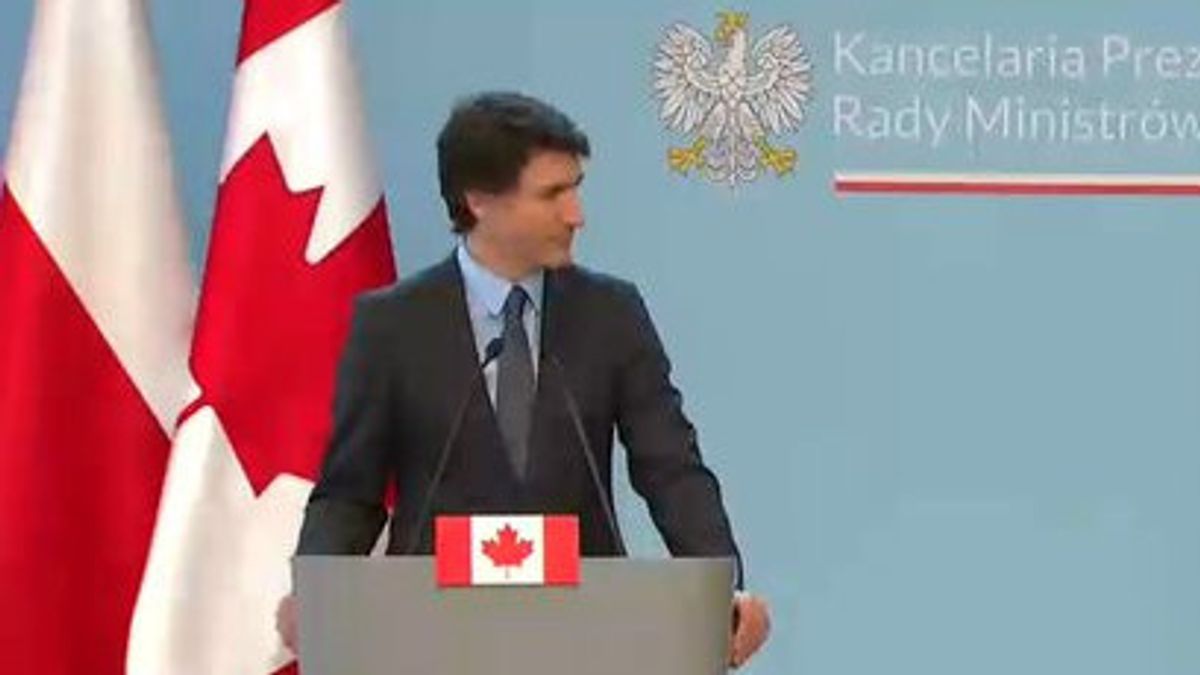JAKARTA - On Monday, February 26, the Canadian Liberal government, led by Prime Minister Justin Trudeau, introduced a bill aimed at countering online hatred. The bill will force large companies to immediately remove harmful content and increase sentences for those who incite genocide to life imprisonment.
The law, which aims to protect children from online predators, states that large social media companies must immediately remove content that sexually exploits a child and communicated intimate content without consent. In both cases, content must be removed within 24 hours, subject to a monitoring and review process.
Companies found to have violated the law could be fined a maximum of 6% of their revenue globally, government officials said in a technical session.
"There must be consequences for those who violate the rules online... the bad people are targeting the most vulnerable - our children. They spread disgusting hatred and encourage people who are easily influenced to commit violence," Canada's Minister of Justice, Arif Virani, told reporters.
Content providers must introduce special protection for children, including parental controls, secure search settings, and content alert labels.
The bill includes social media, user-uploaded adult content, and live broadcast services, but does not include private and encrypted messaging services.
SEE ALSO:
The law will also significantly increase penalties for those who are proven to advocate or promote genocide. The maximum proposed sentence will serve as a life sentence, up from five years at the moment.
Whether all these provisions will go into the final version until now it is not clear. The bill must be examined by a parliamentary committee and then a room over the Senate, both of which can demand change.
Other countries are also moving to protect children from danger on the internet. Last October, the United Kingdom's new Online Safety Act set stricter standards for social media platforms.
The Canadian government's relations with major internet companies are strained over Ottawa's demands for them to pay Canadian news publishers for its content.
Alphabet's Google agreed last November to pay 100 million Canadian dollars (Rp1.15 trillion) annually to publishers, while Meta decided to block news on Facebook and Instagram in Canada.
Meta's spokesperson said the company hopes to work closely with policymakers and industry players "at our long-term priority to maintain the safety of Canadian society."
A Google spokesperson said it was likely the company would not respond on Monday.
The English, Chinese, Japanese, Arabic, and French versions are automatically generated by the AI. So there may still be inaccuracies in translating, please always see Indonesian as our main language. (system supported by DigitalSiber.id)














